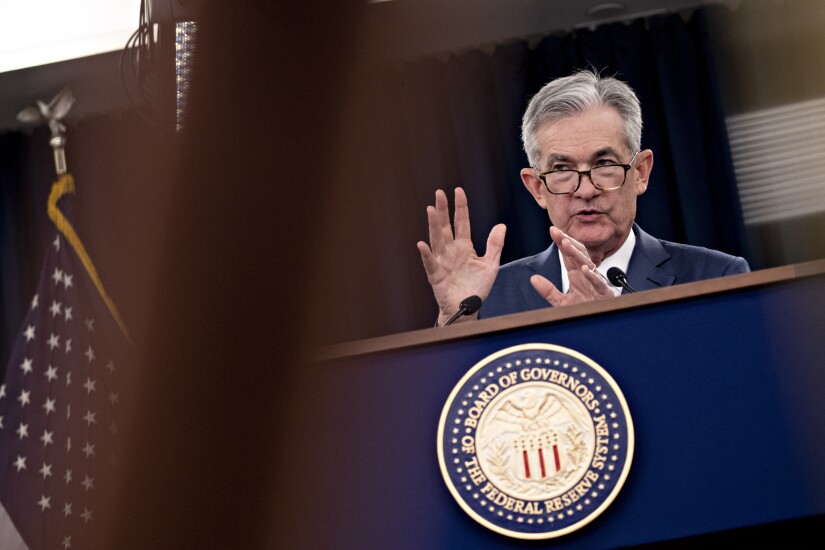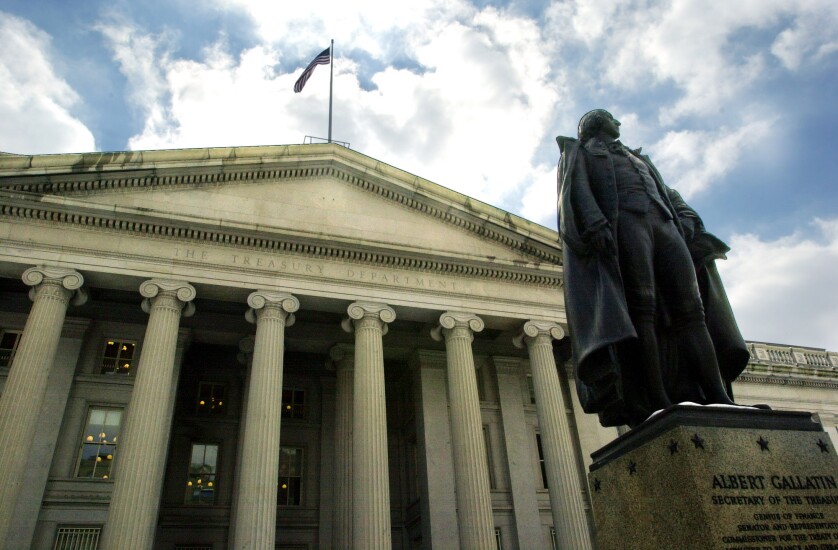WASHINGTON — As Congress hurtles toward yet another government shutdown, this one precipitated by a social media post from President-elect Donald Trump's megadonor Elon Musk, there are a few programs affecting bankers that might be on Washington's chopping block.
Typically, government shutdowns leave financial institutions, sans those that
Shutdowns have almost become part of business-as-usual on Capitol Hill, a symptom of deepening partisan divides that make even must-pass legislation — like funding the federal government — difficult. Most on Wall Street assume that political gridlock in Washington will get cleared up eventually, and financial regulatory agencies tend to be funded outside of the congressional appropriations process and continue to function normally.
But a key program expiring next year — combined with deeply entrenched lawmakers on both sides of the aisle — could cause more economic pain than prior shutdowns.
The government shutdown could happen as soon as Friday at midnight. Here's what bankers should know about the state of Washington, D.C., and its effect on the financial industry.









